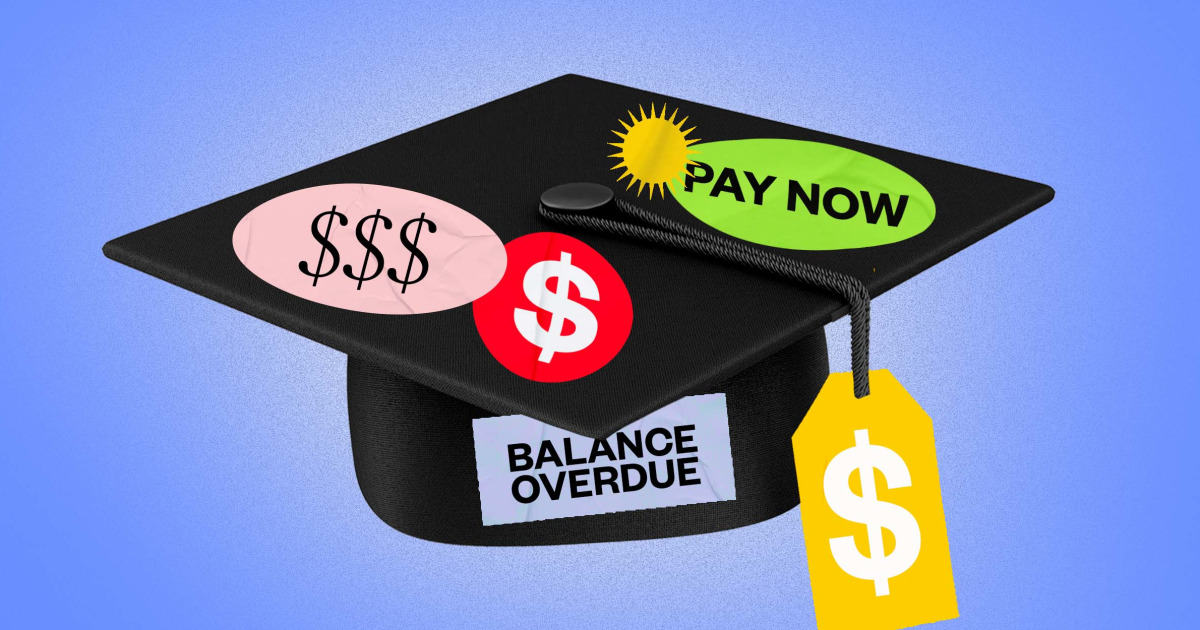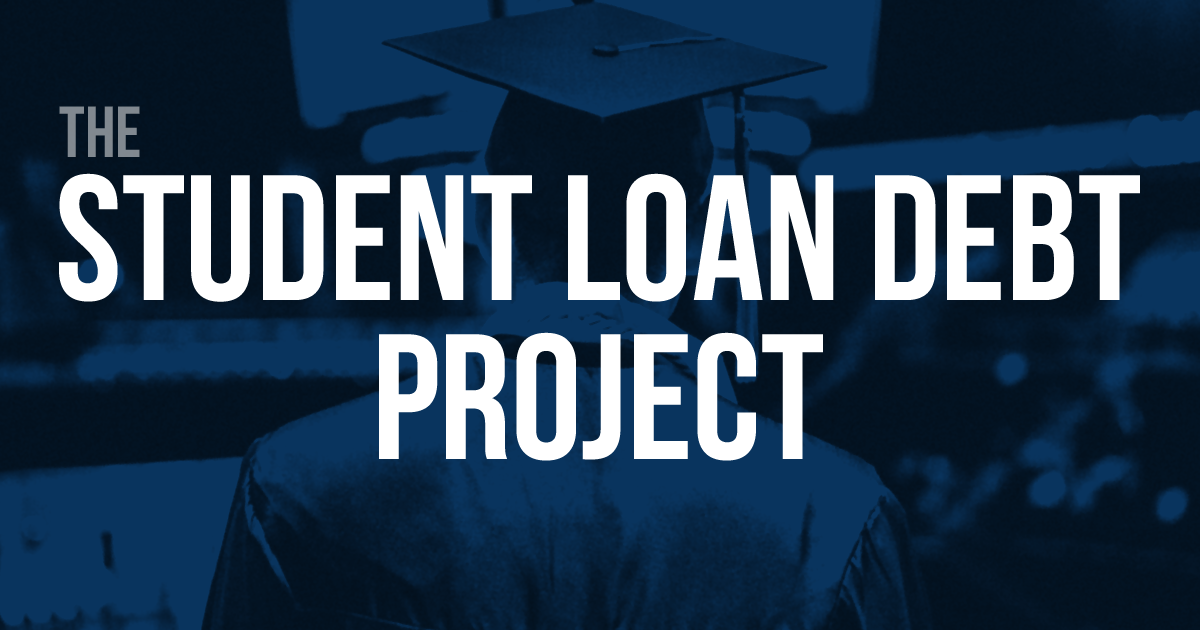Due to uncertainty about federal student loan forgiveness, thousands of borrowers are delaying payments with 31% reducing payments and 23% stopping payments altogether potentially leading to serious consequences such as late fees, bad credit scores, and default.
Thousands of Student Loan Debtors Delay Payments Amid Federal Debt Forgiveness Uncertainty
A recent KSN survey shows many student loan borrowers are changing how they pay their loans, hoping for federal debt forgiveness. According to the survey about 31% of borrowers have reduced their payments, and 23% have stopped paying altogether waiting for possible future forgiveness. This happens during ongoing uncertainty about federal student loan relief as the Biden Administration’s previous plan was blocked by the Supreme Court and the current efforts are still being debated and reviewed.
Stopping loan payments can have serious consequences. Federal student loans become late after a missed payment, leading to extra fees, a bad credit score and potential default which could cause wage garnishments and withholding of tax refunds. Private loans have even stricter default rules. Although borrowers have various repayment options including standard, income-driven, graduated, and extended plans and the survey shows one-third of borrowers are adjusting their plans to handle their financial situations better.

(photo: NBC News)
Navigating Student Loan Repayment
For those struggling with payments deferment and forbearance can offer short-term relief. Deferment pauses payments without adding interest on subsidized federal loans while forbearance also pauses payments but continues to add interest. Income-driven repayment plans might lower monthly payments possibly to $0, depending on income offering another way to manage student loan payments during tough financial times.
The survey highlights the complicated situation of student loan repayment. Many borrowers are changing their payments in hopes of future relief, but stopping payments can lead to issues like a poor credit score and loan default. For those who need help deferment, forbearance, and income-driven repayment plans can provide temporary relief, though each comes with its own conditions. This situation shows the importance of borrowers understanding their options and staying updated on policy changes.

















































